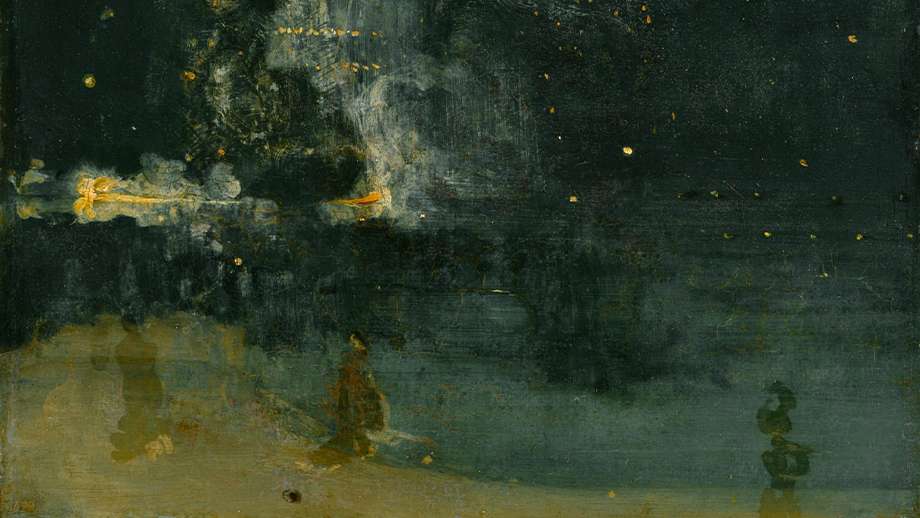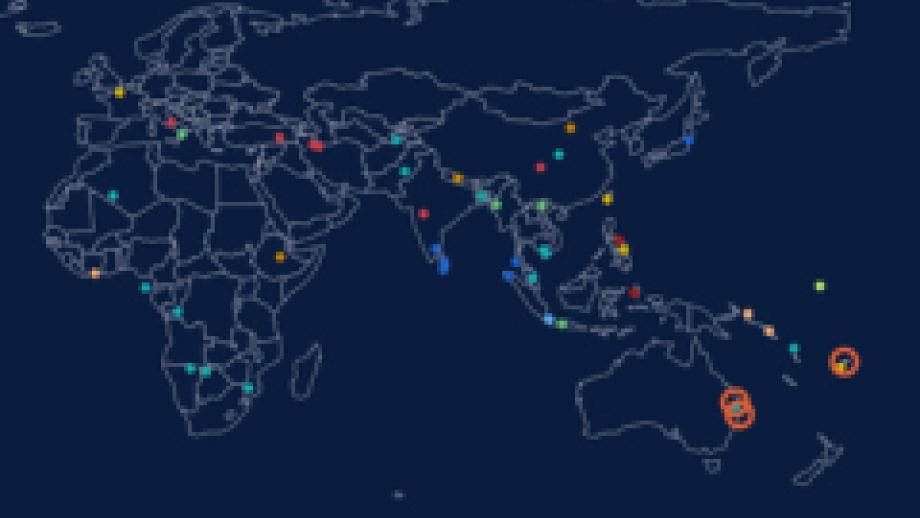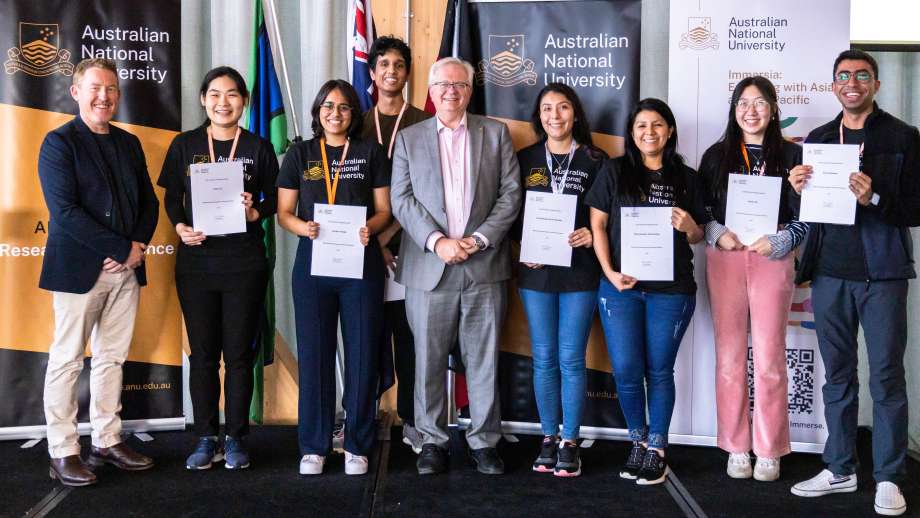Transnational legal order through rule of law? Australia and the United Nations Security Council, 2005-2022
Presented by ANU College of Asia & the Pacific
Although the UN champions the rule of law worldwide, can rule of law temper the extensive powers of the UN Security Council (UNSC) itself? This paper draws on extensive research inside the UNSC by Farrall, and efforts by Australia/ANU and other states, to explore prospective rule of law constraints on the Security Council in the spheres of peacekeeping, sanctions and authorization of force.
The paper offers a framework for appraising rule of law action within and outside the UNSC and applies it to successive efforts by state and civil society initiatives that have sought to hold it accountable to its own norms. The paper concludes by considering possible ways to empower elected members of the UNSC and weaker states in the UN to press rule of law norms on the UNSC as a springboard for ROL global governance via the UNSC.
Download draft paper here (access expires 21 March 2023).
About the speakers
Jeremy Farrall is a Professor of Law at the ANU College of Law. He has worked for the United Nations in a range of roles and locations, including as Political Affairs Officer for the UN Security Council at UN Headquarters in New York (2001-2004) and for the UN Mission in Liberia (2004-2006), and as UN Facilitator for the UN Secretary-General's Good Offices team mediating peace talks in Cyprus (2004, 2008).
Jeremy has been a Chief Investigator on four major Australian Research Council Grants:
- Strengthening the Rule of Law through the United Nations Security Council (ARC Linkage, 2011-2014, with Hilary Charlesworth);
- Leveraging Power and Influence on the UN Security Council: the role of Elected Members (ARC Discovery, 2015-2022, with Chris Michaelsen (UNSW), Jochen Prantl (ANU )and Jeni Whalan (UQ));
- Reconceiving Engagement with lnternational Law in a Populist Era (ARC Discovery, 2022-2027, with Jo Ford (ANU), Imogen Saunders (ANU), Peter Danchin (Maryland) and Shruti Rana (Indiana)); and
- Shaping International Law after Global Transformation: Australian Experiences (ARC Discovery 2023-2027, with Madelaine Chiam (La Trobe), Jordana Siverstein (Melbourne) and Chris Michaelsen (UNSW)).
His books include: United Nations Sanctions and the Rule of Law (Cambridge 2007); The Role of International Law in Rebuilding Societies after Conflict (Cambridge 2009, edited with B. Bowden and H. Charlesworth); Sanctions, Accountability and Governance in a Globalised World (Cambridge 2009, edited with K. Rubenstein); and Strengthening the Rule of Law through the UN Security Council (Routledge 2016, edited with H. Charlesworth).
Terence Halliday is Research Professor, American Bar Foundation, an independent, an interdisciplinary institute of advanced studies on law and legal institutions. He is Honorary Professor, School of Regulation and Global Governance, Australian National University; and Adjunct Professor of Sociology, Northwestern University. He has an M.A. (Massey University, New Zealand), M.A. (University of Toronto), Ph.D. (University of Chicago). He has held teaching and visiting appointments at the Australian National University and the University of Chicago and been a visiting scholar at the Centre for Sociolegal Studies, Wolfson College, Oxford University.
Halliday has authored or edited 10 books published by the academic presses of Cambridge, Oxford, Chicago, and Stanford universities, and has written extensively on the globalization of law, markets and politics. His most recent books develop a social science theory of legal orders (Transnational Legal Orders, co-edited with Gregory Shaffer, Cambridge UP 2015), analyze the fight for basic legal freedoms in China (Criminal Justice in China: The Politics of Lawyers at Work, with Sida Liu, Cambridge 2016), offer an empirical study and new theory of global governance of international trade (Global Lawmakers: International Organizations in the Crafting of World Markets, Cambridge UP 2017), and examine global struggles over constitutionalism (Constitution-Making and Transnational Global Order, co-edited with Gregory Shaffer and Tom Ginsburg, Cambridge UP 2019).
He has consulted with international global governance and public policy bodies on global regulation, governance and lawmaking, including the World Bank, IMF, UN Commission on International Trade Law, and the State Council, Peoples Republic of China.
He contributes to public debate on law and rights in China through international media, including the New York Times, Wall St. Journal, The Guardian, Al Jazeera, Le Monde, and Twitter (@HallidayTerry). He is a member of the Chicago International Committee, Human Rights Watch, and has a deep interest in religious, and particularly Christian, influences on the politics surrounding basic legal freedoms, the legal complex, political liberalism and global norms across issue areas that include human rights, ideals of justice and human flourishing.
COVID protocols
The ANU strongly encourages you to keep a mask with you at all times (for use when COVID-19 safe behaviours are not practicable) and to be respectful of colleagues, students and visitors who may wish to continue to wear one. Please continue to practice good hygiene. If you are unwell, please stay home. The ANU's COVID Safety advice can be accessed here.
This seminar presentation will be in-person only.
Image credit: Image of UN Security Council Chambers by bwats2 from flickr (CCBY-SA 2.0)
Location
Room: Seminar Room 1.04
Speakers
- Professor Jeremy Farrall
- Professor Terry Halliday
Contact
- RegNet



